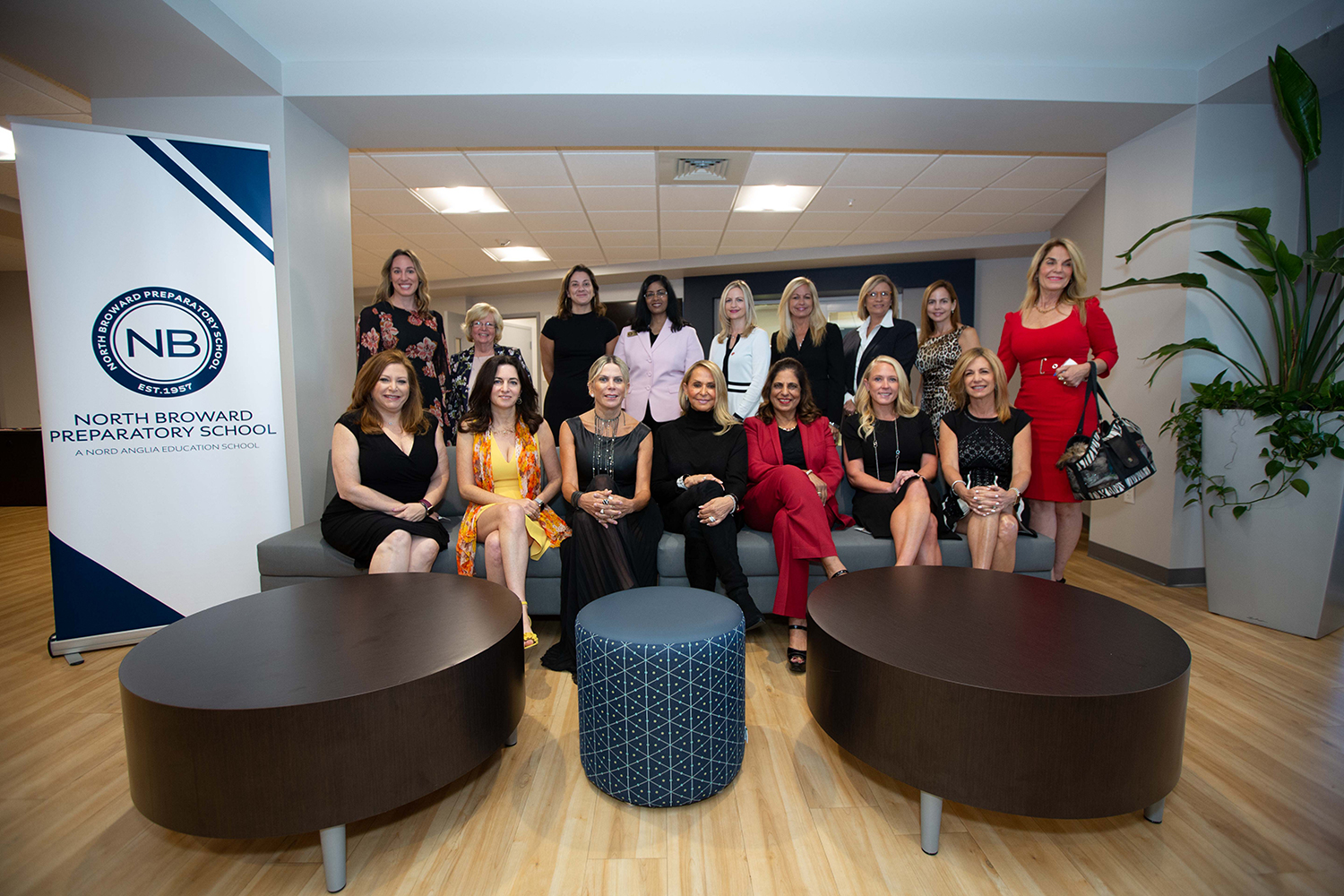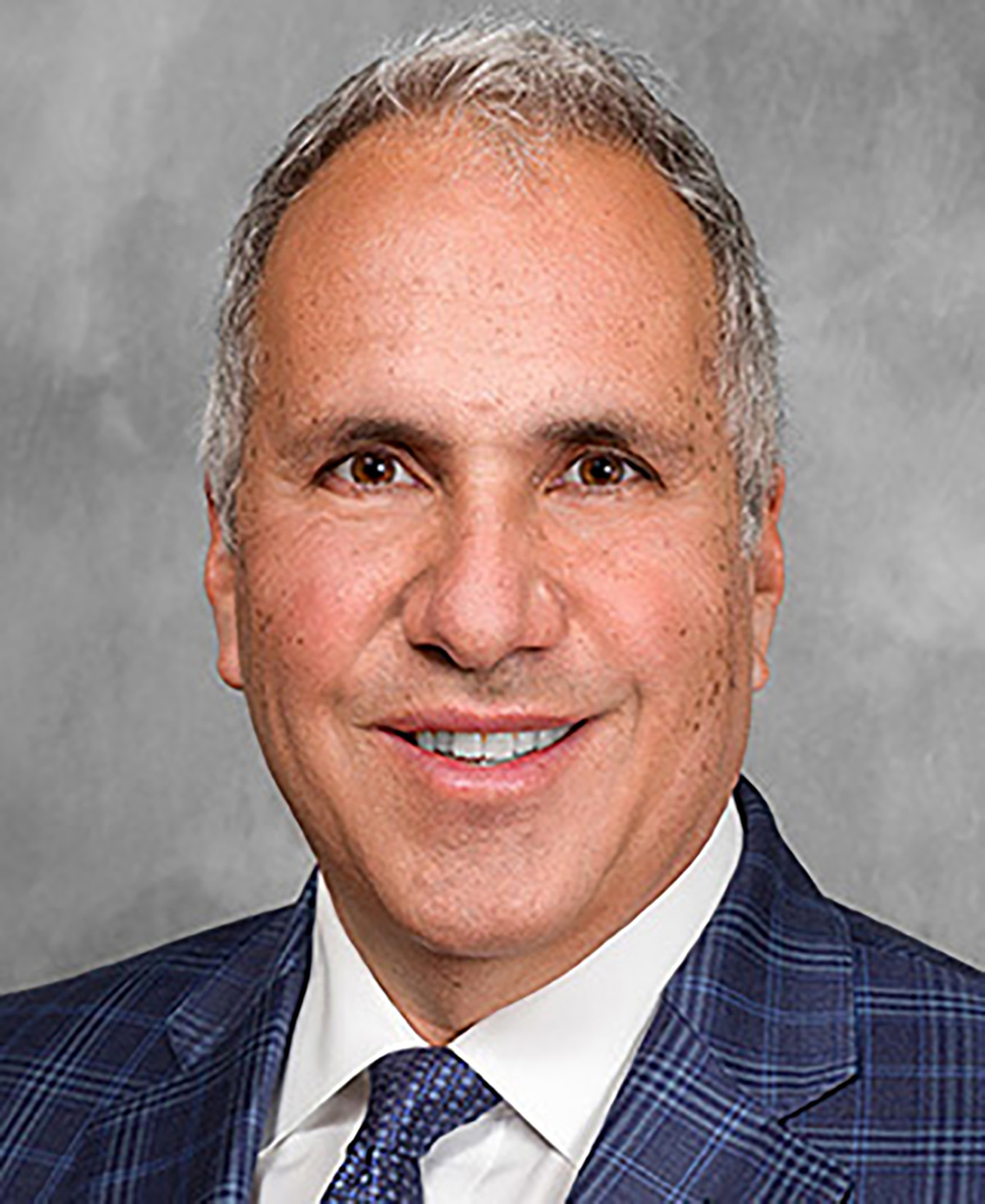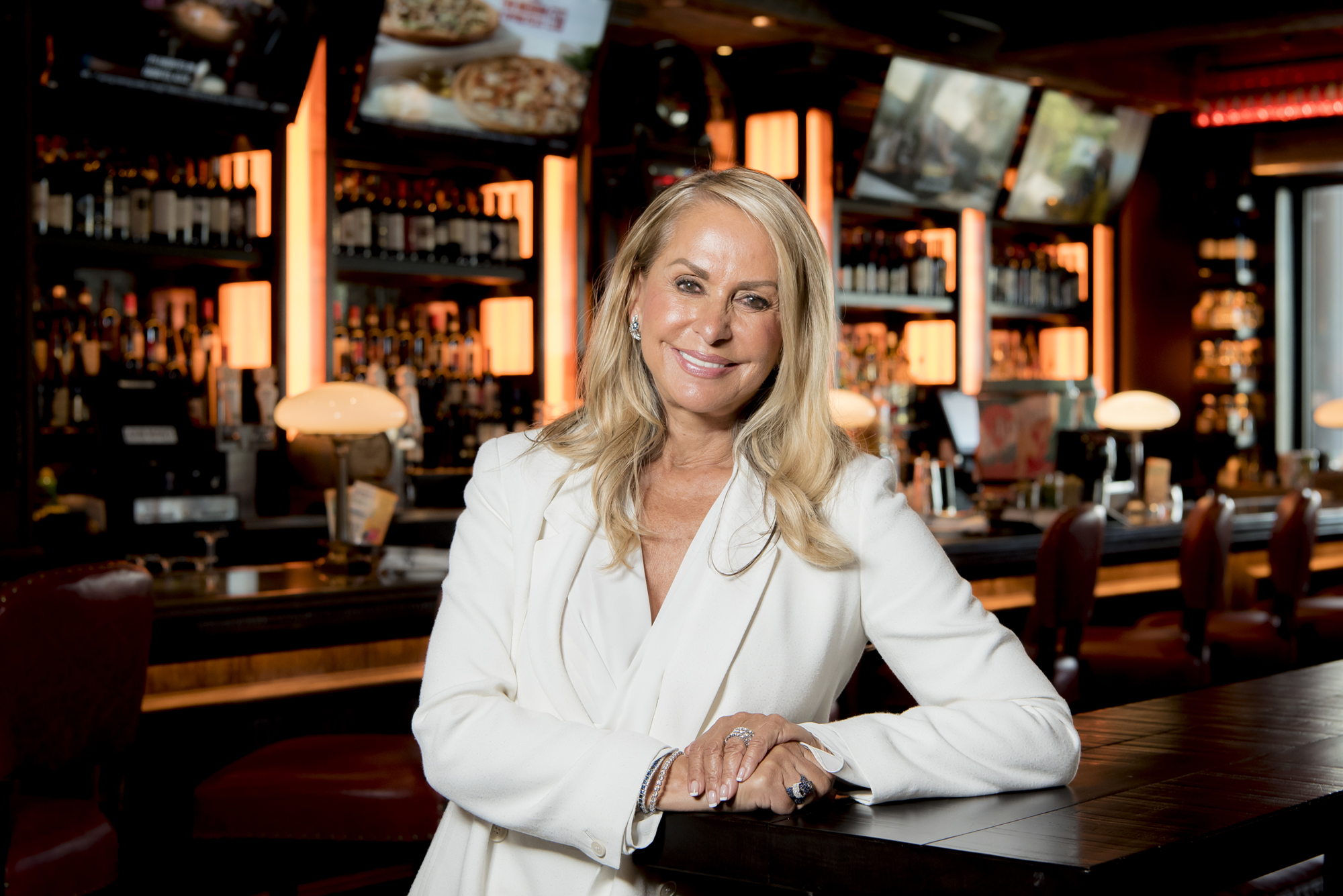It’s just another day of innovation for these panelists
By Andrea Richard
Heart surgery as an outpatient procedure? That’s an example of the type of change and innovation panelists at the April 6 Executive Roundtable discussed.
The panel featured an array of experienced executives in the fields of health care, banking, restaurants and hospitality:
• Oscar Vicente, chief financial officer at Tenet Healthcare.
• Dwight Hill, president at Sabadell United Bank.
• Sergio Rodriguez Castillo, chief operating officer at Areas USA.
• Brent Blake, chief financial officer of the Americas region at DB Schenker/Schenker Americas.
The discussion moderator was SFBW Editor-in-Chief Kevin Gale. The South Florida Executive Roundtable is an invitation-only luncheon for C-suite executives, and SFBW is the exclusive media sponsor.
The following transcript has been edited for clarity and brevity.
How do you define innovation?
Hill: Doing something faster, cheaper than before. It’s ubiquitous today—you’re a consumer and you have mobile deposit on your phone. You don’t have to go to a branch.
Blake: You can look at our industry as a commodity industry, but on the contract logical side the client expects you to come up with innovation solutions to meet their needs. The overall customized solution must be innovative, with that you need to streamline operations and hopefully adding value to that.
Vicente: We have a weekly meeting on the newest and the best technology that is available. But to use it, physicians require a lot of training. Robotic surgery is the way of the future—a physician can do it remotely, however, it requires a ton of training. I don’t know too many doctors willing to take three to four months off to learn it. New tech is introduced on a weekly basis.
Hill: I have a small team that works on innovation that are not bankers. I believe in having a separate group who works on innovation.
What is your biggest challenge?
Hill: The fintech [financial technology] world. A lot of capital is going into lending clubs and online banks. We have a company called VirtualBank.com. There have been very few banks started since the financial crisis.
Blake: The greatest challenge is the way you buy things and distribute things and to anticipate the client’s needs driven by consumer trends. That whole Amazon effect.
Vicente: My vision, and I’m already seeing signs of it: You are going to be in the hospital [only] for very high, acute surgeries. Open-heart is soon going to become an outpatient service. They can go through a vein faster. Health care—the bad news. The great unknowns. What are we going to do as a country moving forward? The payment mechanisms and delivery are going to change. I think we will see more outpatients.
Castillo: We need to double our size in the next three years. The real challenge is incorporating the digital experience into our business.
Tenet, like many other health care companies, has seen its share price under pressure the last few years. How do you keep employee morale positive when a negative event like a falling share price happens?
Vicente: I consider myself lucky—the stock price comes and goes. The people who work at our facilities took on the careers as a calling. They don’t focus on stock prices. It’s a 1,000-mile journey, you take it one step at a time. Nurses, doctors are so focused on delivering the best health care they can.
What was the key factor to choosing Miami for your headquarters?
Blake: I’ve been here for 25 years. It’s a great market for the logistics transportation industry. It’s evolved dramatically. In the ’70s, we had a lot of mom and pop companies. And now we have global organizations. We have local talent and a well-established airport where you can almost go anywhere.
We looked at Atlanta; it wasn’t the right fit for us. Dallas wasn’t as good as Miami. We thought Florida was the right fit for us.
Sometimes financial executives find themselves facing major changes in revenue streams. One presumably happened after Tenet announced last year that its doctors and hospitals would no longer be in the Humana network. What advice do you have for CFOs on how to adjust to an event that disrupts revenue?
Vicente: Humana was a big chunk of our business. Unfortunately, some patients won’t be able to come to our facilities. My feeling is that it wasn’t negotiated well on both sides. So, it wasn’t a situation I was involved in. And overall, we have to adapt. We have had a challenge for this, yes, but it’s not going to be a make or break.
How important are brick-and-mortar locations in banking? Is that going to fade away? What innovations are on the horizon in banking?
Hill: Bank branches weren’t created for the convenience of the customer. They were created for the banker so they could have everything in one place. Branches are disappearing by size and number. We are reducing the number of people. With technology, we can provide better service. What’s more convenient? Coming to our office or us coming to your office?
What was important in banking at one time—one era it was a free toaster and high interest rates—can change over time. What do customers want now, particularly business customers, and how do you drive innovation to meet those needs?
Hill: What people want is a solution to a problem. I want a loan and you do these things because you want to own a home, grow your business. So we have to find ways to lend them money.
How do our local airports rank in terms of providing innovative, cutting-edge service to their customers when it comes to the type of amenities Areas offers?
Castillo: A new concept is a sense of place. Ten years ago, the iPhone was invented and everything has changed. Airports are looking to be the doors to the seas.↵








